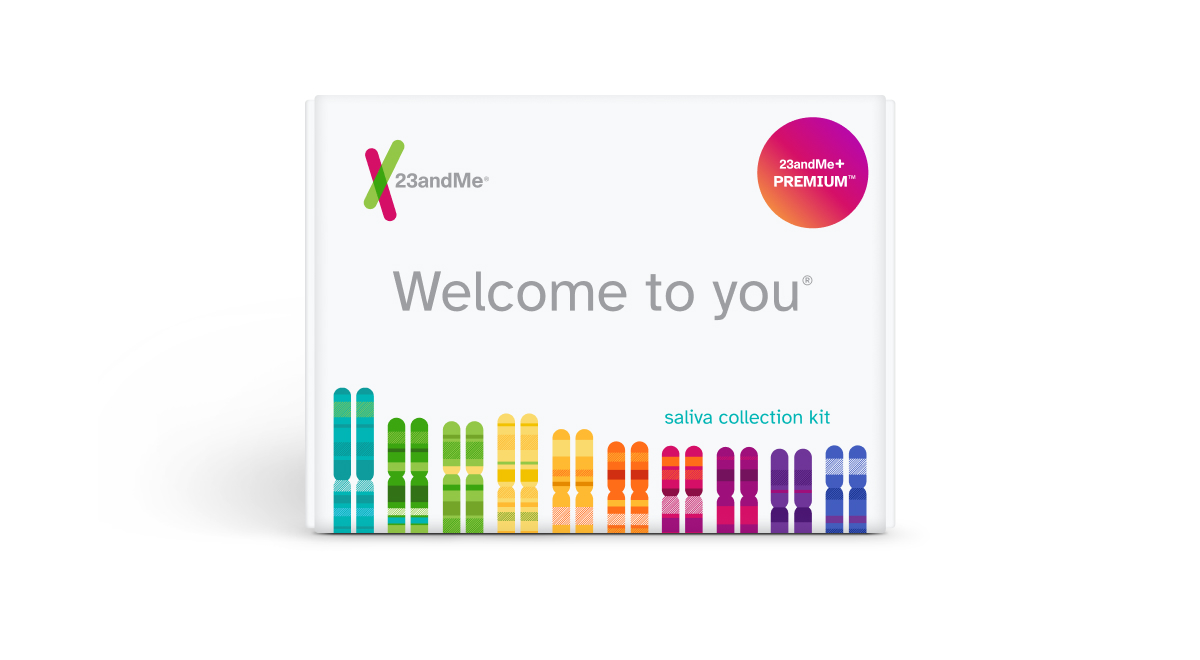Let's talk aboutEmotional Eating
What is emotional eating?
Food and emotions are often closely linked, such as having cake to celebrate a happy occasion or a favorite childhood meal that brings up warm feelings. But eating in response to emotions — called emotional eating — often involves eating high-calorie, unhealthy foods, despite not feeling physically hungry, and can result in overeating. Emotional hunger is not satiated by food in the same way that physical hunger is, so while emotional eating may feel good in the moment, it can cause physical discomfort and feelings of guilt or shame.
It’s not fully understood why some people are more prone to emotional eating, although these individuals may have an inverted stress response that causes an increase in appetite and a physical craving for unhealthy hard-to-resist foods. It’s also not clear whether emotional eating causes more weight gain in some people compared to others, and how this may interact with other factors that can impact weight, such as how your body processes saturated fat and your genetic weight predisposition.

When emotional eating becomes a problem
Many people experience emotional eating from time to time, but when emotional eating becomes extreme or too frequent, it can become a problem. Because emotional eating typically leads to overeating, especially of high-calorie, unhealthy foods, it can cause weight gain or inhibit weight loss, and can contribute to health problems like high cholesterol and diabetes. In extreme cases, emotional eating can also be a symptom of eating disorders, such as binge eating disorder or bulimia nervosa. While a healthy lifestyle is the main intervention for emotional eating, counseling can also be an important part of getting emotional eating under control.

Other factors that can contribute to emotional eating
Besides genetics, many other factors can contribute to occasional or frequent emotional eating, including:
- Stress
- Female birth sex, including hormone levels during the luteal phase of the menstrual cycle
- Dieting or other food restriction
- Mental health conditions, including depression, anxiety, and post-traumatic stress disorder (PTSD)
- Negative life experiences, such as experiencing racial discrimination or childhood trauma

Learn more about emotional eating
Curious whether you have an increased likelihood of frequent emotional eating based on your genetics? 23andMe takes into account more than 2,200 genetic markers to estimate the likelihood of frequent emotional eating. Find out more with the Emotional Eating PRS Report,* part of the 23andMe+ Premium membership. 23andMe+ Premium includes our Health + Ancestry Service plus new premium reports and features throughout the year.

23andMe+ Premium
Please note:
- The report does not diagnose eating disorders and should not be used to make medical decisions.
- The report was developed by 23andMe scientists using data and insights gathered from thousands of customers who chose to participate in our research. Reports based on 23andMe research provide an estimate of your likelihood of developing or having a condition or trait based on your genetics and other factors. This report does not account for lifestyle or family history.
- The report does not account for every possible genetic variant that could affect your likelihood of frequent emotional eating.
*The 23andMe Emotional Eating PRS report is based on a genetic model that includes data and insights from 23andMe consented research participants and incorporates more than 2,200 genetic variants to provide information on the likelihood of developing emotional eating. The report does not describe a person’s overall likelihood, does not account for lifestyle or family history and has not been reviewed by the US Food and Drug Administration. The Emotional Eating PRS report is not intended to tell you anything about your current state of health, or to be used to make medical decisions or determine any treatment.
References:
- Calderón-Asenjo RE et al. (2022). “Association Between Emotional Eating, Sociodemographic Characteristics, Physical Activity, Sleep Duration, and Mental and Physical Health in Young Adults.” J Multidiscip Healthc. 15:2845-2859.
- Cleveland Clinic Health Essentials. “What Is Emotional Eating?” Retrieved July 25, 2024, from https://health.clevelandclinic.org/emotional-eating.
- Dakanalis A et al. (2023). “The Association of Emotional Eating with Overweight/Obesity, Depression, Anxiety/Stress, and Dietary Patterns: A Review of the Current Clinical Evidence.” Nutrients. 15(5).
- Fuente González CE et al. (2022). “Relationship between Emotional Eating, Consumption of Hyperpalatable Energy-Dense Foods, and Indicators of Nutritional Status: A Systematic Review.” J Obes. 2022:4243868.
- Hoggard LS et al. (2019). “The role of emotional eating in the links between racial discrimination and physical and mental health.” J Behav Med. 42(6):1091-1103.
- Klump KL et al. (2013). “The interactive effects of estrogen and progesterone on changes in emotional eating across the menstrual cycle.” J Abnorm Psychol. 122(1):131-7.
- Konttinen H et al. (2019). “Depression, emotional eating and long-term weight changes: a population-based prospective study.” Int J Behav Nutr Phys Act. 16(1):28.
- Mayo Clinic Health System. “Feeding your feelings.” Retrieved July 25, 2024, from https://www.mayoclinichealthsystem.org/hometown-health/speaking-of-health/feeding-your-feelings.
- Singh M. (2014). “Mood, food, and obesity.” Front Psychol. 5:925.
- Sominsky L et al. (2014). “Eating behavior and stress: a pathway to obesity.” Front Psychol. 5:434.
- van Strien T. (2018). “Causes of Emotional Eating and Matched Treatment of Obesity.” Curr Diab Rep. 18(6):35.